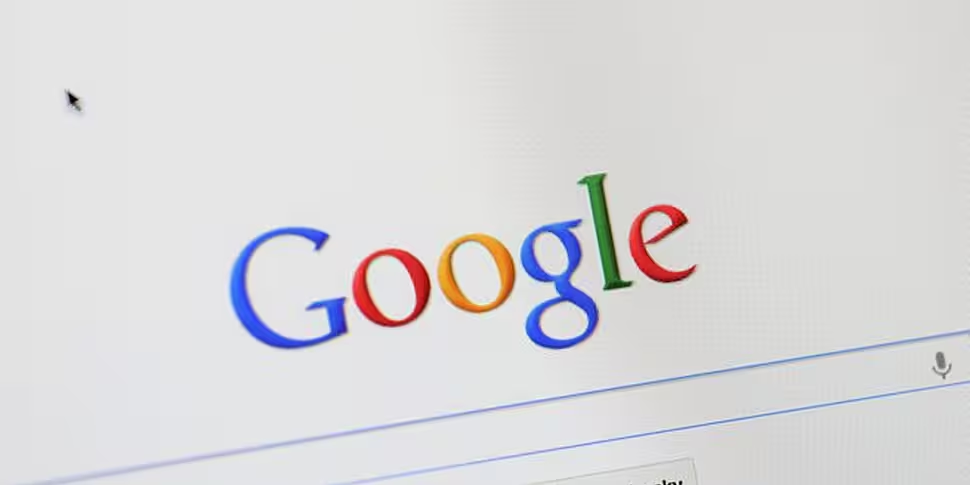Google has given the go ahead for a 10,557km undersea cable to link the US and Brazil.
The fibre-optic cable will have the capacity to move an incredible 64 terabits of data every second, equivalent to 85,000 feature films and a measure of bandwidth unthinkable before the 21st century.
Brazil has the fifth highest number of internet users in the world, and has become one of the fastest growing regions for internet penetration.
It is hoped the new pipe will help bridge the vast socio-economic digital divide in the country.
The Brazilian government has been fighting this divide with digital-inclusion programmes for regions that have suffered from a lack of access to the internet and to devices.
And access to the internet by students is particularly poor at 60%.
In 2005 it invested $400m (€315.2m) in social-inclusion programmes, equipment and infrastructure to give poorer populations better access to technology.
It is hoped Google's cable will provide Brazil with the bandwidth to manage the increase in users.
The fragile glass fibres will be housed in a protective casing protected in a polyurethane jacket, and a protective Kevlar-type vest to stop hungry sharks biting it in two.
Undersea cables carry high-voltage power to the signal repeaters and it is thought the emission of electricity and magnetic waves attract sharks who mistake the currents for distressed prey.
"As more people get access to the Internet, more capacity to the infrastructure that keeps the internet running is needed, so that everyone can have a fast, safe and useful online experience," said Google's Latin America chief Cristian Ramos.
The consortium running the project includes Uruguay government-owned telco Antel, African operator Angola Cables and Brazil's Algar Telecom and the cable is expected to carry its first data packet in 2016.
It is hoped attacks like this one, back in August, will not affect people's services:









